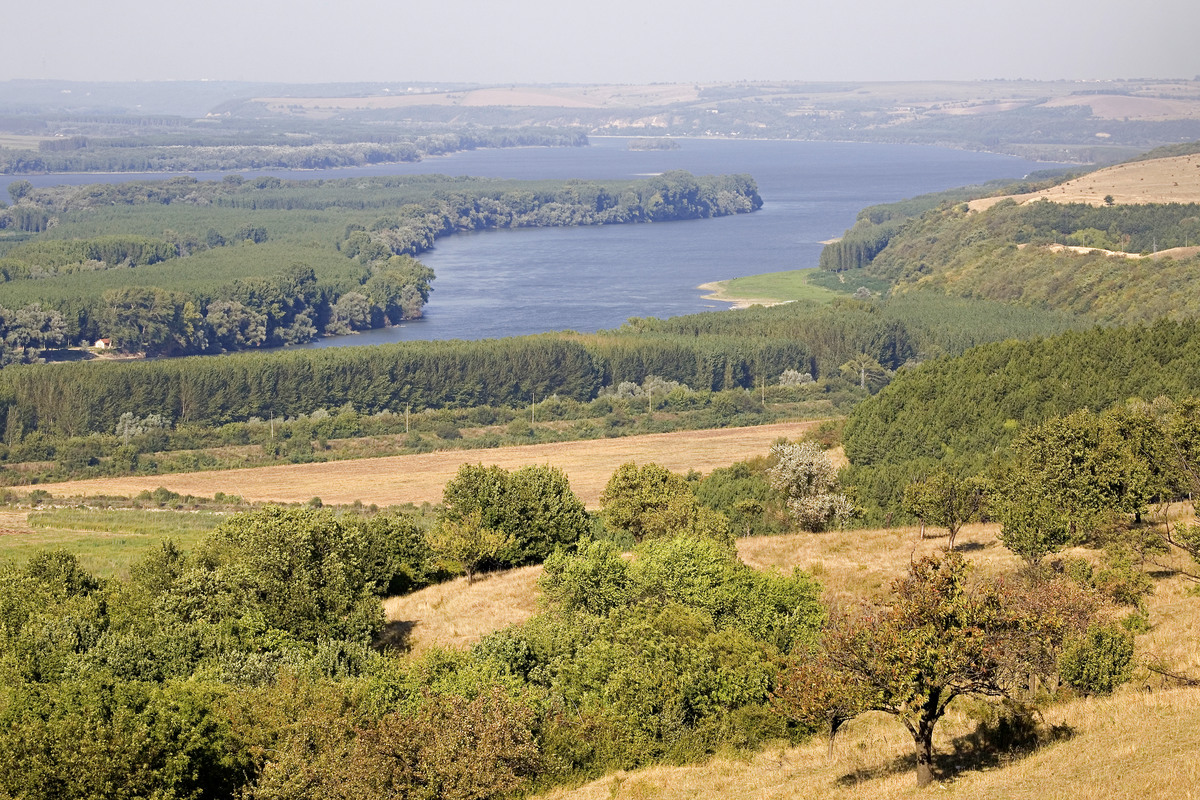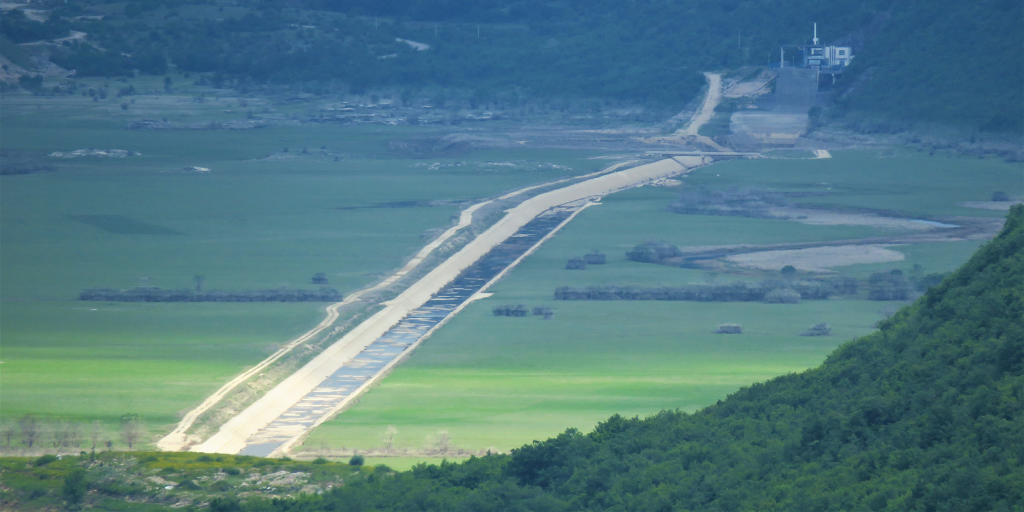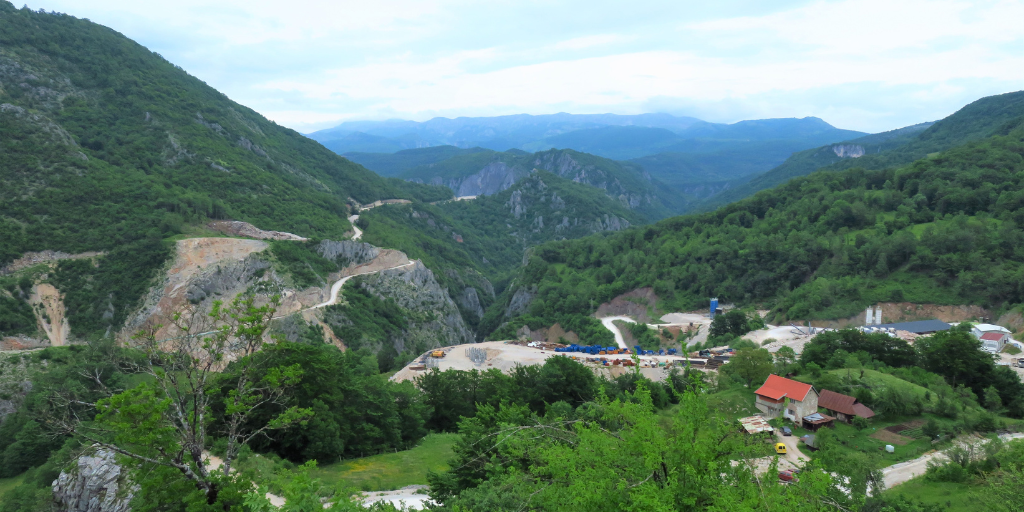A clash is raging between nature and finance. On the one hand, the EU is striving to improve the deteriorating state of nature across Europe, with initiatives like the Biodiversity Strategy 2030 and the European Green Deal. On the other, massive amounts of public money continue to flow to infrastructure projects with devastating impacts on the natural world. Our work where finance meets the natural world advocates for adequate protection and restoration projects to ensure a green future for all.
IN FOCUS
Rivers and communities
The countries of the Energy Community Treaty have diverse energy mixes, but hydropower has traditionally played a strong role in many of them. Albania is almost completely reliant on dams for its domestic electricity generation, followed by Georgia with an average of 80 per cent of electricity generated by hydropower and Montenegro with an average of 55 per cent.
EU funds and biodiversity
In May 2020, EU leaders committed to an ambitious Biodiversity Strategy for 2030, outlining the clear need to act on biodiversity loss and address the failing health of nature.
The historic amount of EU funds now available represents a golden opportunity to increase biodiversity spending and fully realise the objectives of the biodiversity strategy.
As well as addressing the biodiversity crisis, strategically supporting nature through EU funds is also one of the most effective ways to tackle climate change, while providing jobs and improved health at the same time.
Yet, with many of the previous strategy’s objectives left unachieved, the pressure now mounts for this decade. Never before has there been so much potential – and urgency – to use EU funds and investments to address the biodiversity crisis.
Related projects
Turnu Măgurele – Nikopol Hydraulic Structures Assembly on the Danube river, Romania and Bulgaria
The project, if built, would not only devastate critical habitats, leading to the potential extinction of species such as the Danube sturgeons, but also displace local communities, disrupt existing investments, and violate several EU environmental directives.
Upper Horizons hydropower scheme, Bosnia and Herzegovina
A series of dams, diversion tunnels, hydropower plants and channels will completely change the natural hydrology of eastern Herzegovina and have unpredictable impacts on wetlands, rivers and underground karst.
Ulog and Upper Neretva hydropower plants, Bosnia and Herzegovina
A 35 MW hydropower plant is currently under construction on a pristine section of the Neretva river at Ulog. Seven more plants are also planned further upstream.
Latest news
Women and hydropower: exacerbating vulnerability without resettlement
Blog entry | 19 June, 2017The disproportionate impacts that the Nenskra hydropower project in Georgia will have on women are not being assessed by the project company, in spite of its financiers’ standards.
Read morePowerline to nowhere: Georgian villages take stand against badly routed transmission lines
Blog entry | 13 June, 2017Mountain villages in the country’s northeast protest for changes to the routing of high voltage lines in a series of local protests.
Read moreLocals oppose dam that is set to endanger critical fish habitat in Bosnia-Herzegovina
Blog entry | 30 May, 2017We are passing through the canyon of the river Vrbas, in north-west Bosnia-Herzegovina. I am looking through a car window, mouth wide open in awe. While I look up to the rocky, edgy peaks hundreds of meters above and down to the heavenly blue river, I
Read moreRelated publications
EU funds: Protecting or damaging nature? How to avoid harmful projects
Briefing | 21 October, 2024 | Download PDFThe following recommendations how to prevent projects that damage nature from being financed in the future are based on the case studies from Croatia, Hungary, Latvia, Poland and Slovenia.
From theory to practice: A case-based analysis of the EU’s ‘do no significant harm’ principle
Report | 18 July, 2024 | Download PDFThis report, through a series of case studies, analyses how the ‘do no significant harm’ principle has been applied in various EU Member States.
Unlocking funds for nature: How the next EU budget must deliver for biodiversity
Joint statement | 9 July, 2024 | Download PDFThis joint statement offers three policy proposals to improve EU biodiversity financing.



